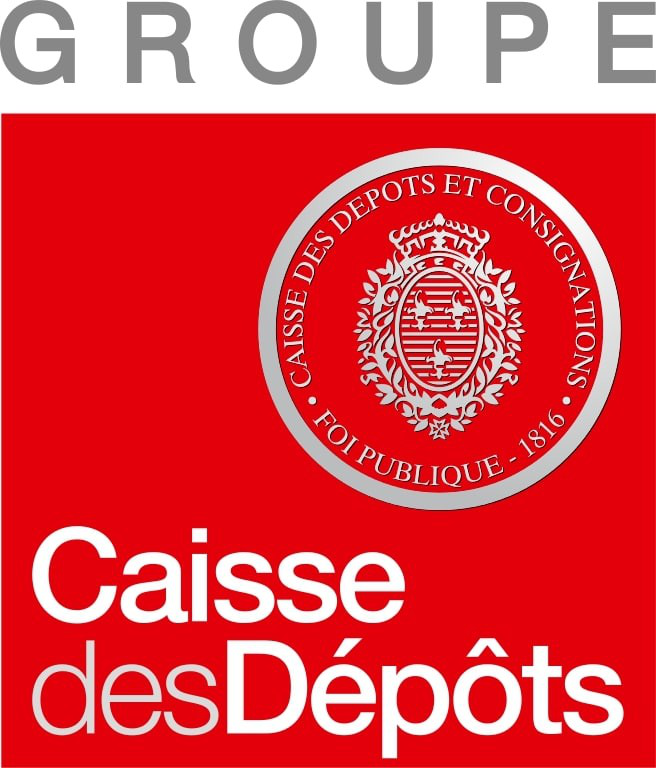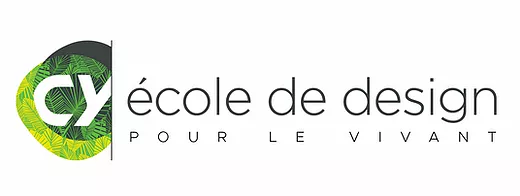Métadata player
Published : Tools |
MétaData player is designed specifically to read and write (next version) time-based metadata related to an Audio/Video stream in a web context. MétaData player allows users and Webmasters to present time-stamped annotation in a flexible online environment.
The user interface gives an information layer on the time line and the media, like : chapters, highlighted annotations, contextualized tags and in the next version : filtered research, playlists, semantic links…
MétaData player is one component of the Ligne de temps platform developed at IRI / Centre Pompidou and can easily be integrated in other platforms. MétaData player is notable for its partial implementation of W3C Mediafragment standard request system, which allows users to access, share, comment at the offset, thanks to a normalised URL .
MétaData player brings flexibly to data sources via the JSON open standard. Metadata (annotation tags …) are formatted using the XML CineLab format (proposed by Liris CNRS and IRI).
Built in JavaScript on top of an extendable object-oriented architecture, using the powerful jQuery library, the player can be extended with different modules and can send its annotation to other objects. It makes it a cross browser, plug-“able” and embed-“able”. MetaData player is made to enhance a video player with metadata, and you can adapt this component to different Audio Video player using Flash (JWplayer, Youtube…) or not (HTML 5 video).
MetaData player is easily skin-able because it uses Jquery UI.
/!\ This is the first beta version, code is not optimized !
Please give us your feedback !
- # 1 Download it !!!
- # 2 Example :
JWPLAYER
YOUTUBE
HTML5 (soon implemented) - #3 Tutorial for your CMS (comming soon )
In 5 step, how to make my own video annotation on Youtube for my wordpress.
Contributors : Samuel Huron
Copyright IRI 2010
contact@iri.centrepompidou.fr
http://www.iri.centrepompidou.fr
This software is governed by CeCILL-C license under French law and abiding by the rules of distribution of free software. You can use, modify and/ or redistribute the software under the terms of the CeCILL-C license as circulated by CEA, CNRS and INRIA at the following URL « http://www.cecill.info« .

 in english
in english en français
en français











